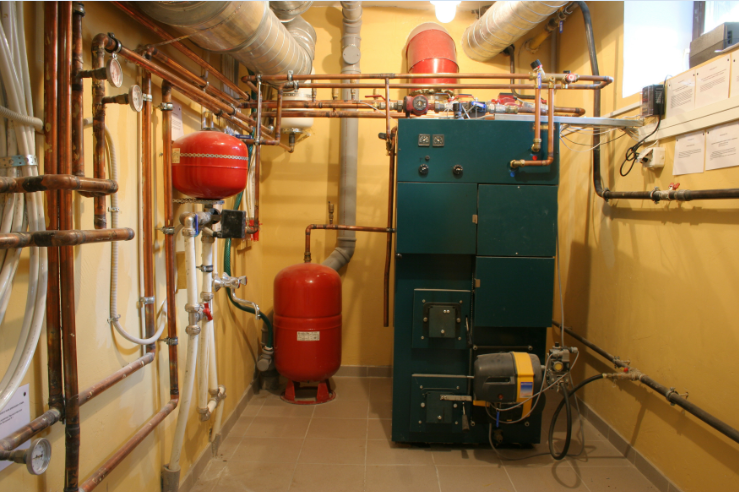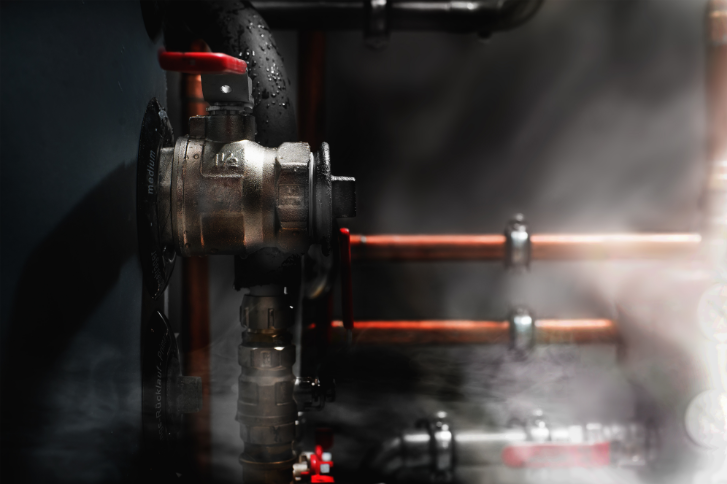Most people take a boiler for granted when it is operating optimally and expect it to provide hot water and indoor heating without fail throughout continually. Everything in your property will, however, be thrown into disarray with a breakdown of your boiler.
This, unfortunately, happens in cold months when the boiler is powered after an extended period of inactivity. The most common issue which calls for professional boiler repair services in Salt Lake City is a drop in pressure. The boiler heats cold water which flows through your property’s radiators and pipes.
The pressure should be stable for the optimal operation of the boiler, and this is maintained using a filling loop that connects to your cold-water supply. At times, a pressure drop can be fixed by adjusting the reading on your boiler’s pressure valve though this might not do much if a leak causes the decrease.
The following are the common parts whose leaks contribute to the drop of pressure in boilers.
Expansion Vessels
The expansion vessel acts like your boiler’s shock absorber. As the heated water expands, it will compress the diaphragm of the expansion vessel, and as the water cools, the pressure drops to its normal levels.
If, however, there is a puncture in your expansion vessel’s diaphragm, the water will expand into the space that is usually filled by your boiler’s diaphragm. This will register as a drop in your boiler’s pressure since there is no compressed air to stabilize the pressure levels to normal on the water’s cooling.
Heat Exchanger
 All boilers have heat exchangers through which water is pumped and heated till it reaches the set temperature of your boiler or room thermostat. Heat exchanger leaks into the combustion chamber of your boiler are common in non-serviced boilers.
All boilers have heat exchangers through which water is pumped and heated till it reaches the set temperature of your boiler or room thermostat. Heat exchanger leaks into the combustion chamber of your boiler are common in non-serviced boilers.
In old boilers, the leaks are evidenced by water pooling around your boiler. Modern boilers have a waste pipe which carries away the leaking water from your heat exchangers. In both cases, the leaks will cause a drop in your boiler’s pressure.
Supply Pipes
Leaks in your boiler’s supply pipes can be the reason for a pressure drop in your boiler. Water damaged areas can evidence the leaks on your walls and floors.
There are however times when these leaks will affect the pipes which run inside your boiler and are hence hard to discern. A professional is your best choice to dismantle your boiler and assess these leaks in the internal supply pipes.
Central Heating System
Leaks in your radiators, towel rails, and radiator valves might be the cause of a pressure drop in your boilers. Even the smallest leaks in these components have a significant effect on your boiler’s pressure. Most of the leaks are attributed to loose connections in various parts of your boiler.
The average pressure of a boiler is 1.5–2 bars of pressure. You might not think much of a pressure drop in your boilers. The reduction will, however, affect the entire operation of your boiler and will damage your boiler if it runs on such low pressure. Get an expert to troubleshoot the boiler and assess the cause of the pressure drop to avoid its entire damage.

